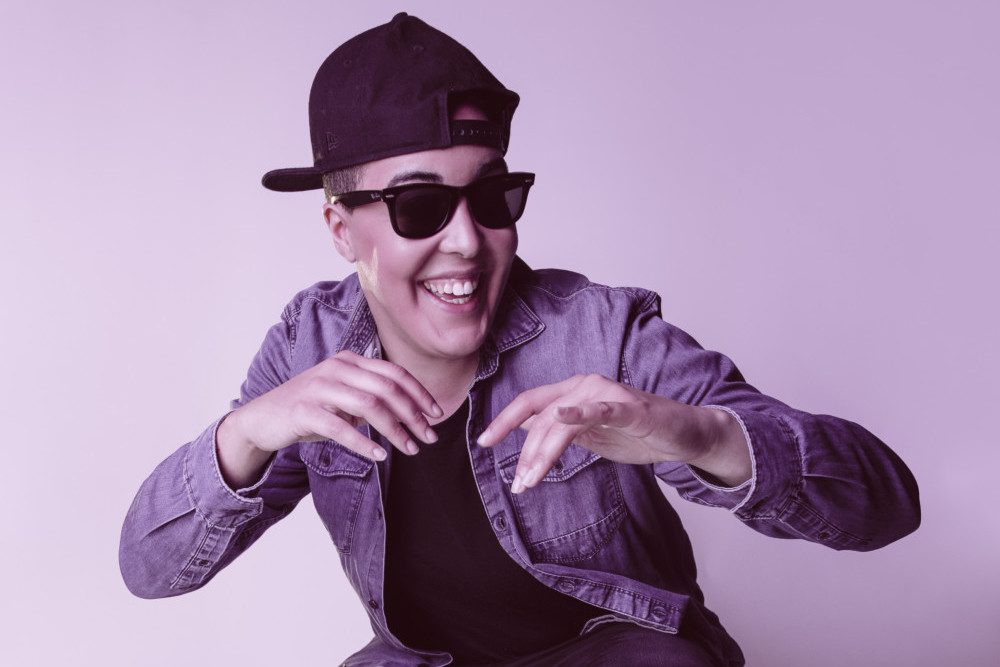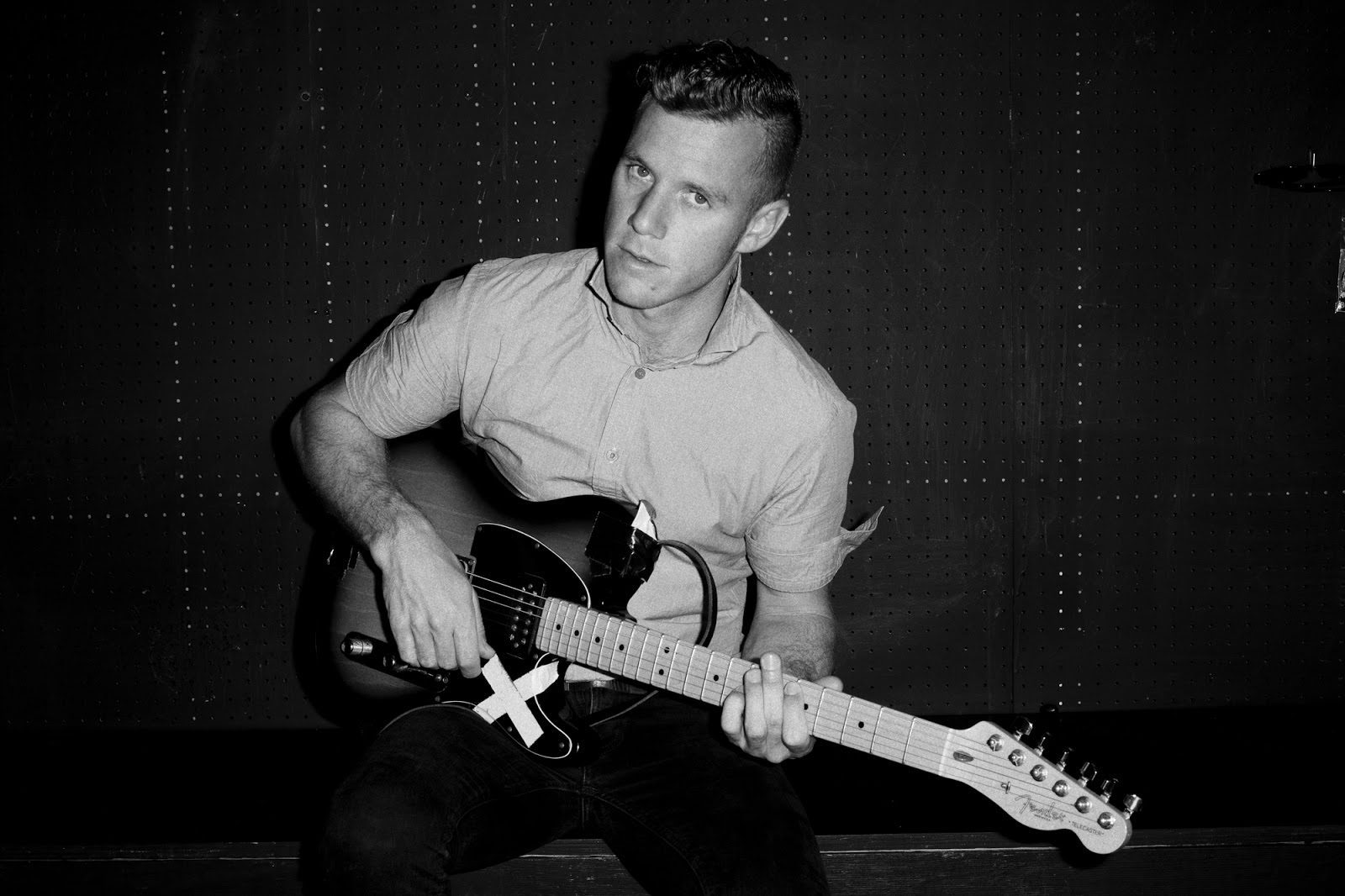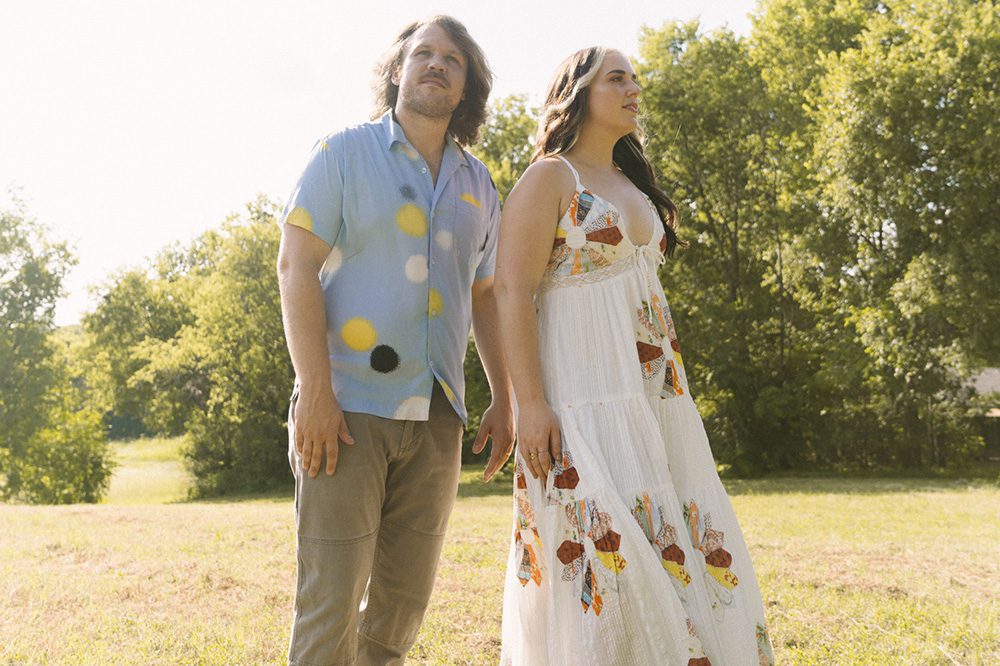60 NYC Showspaces That Closed in the 2010s
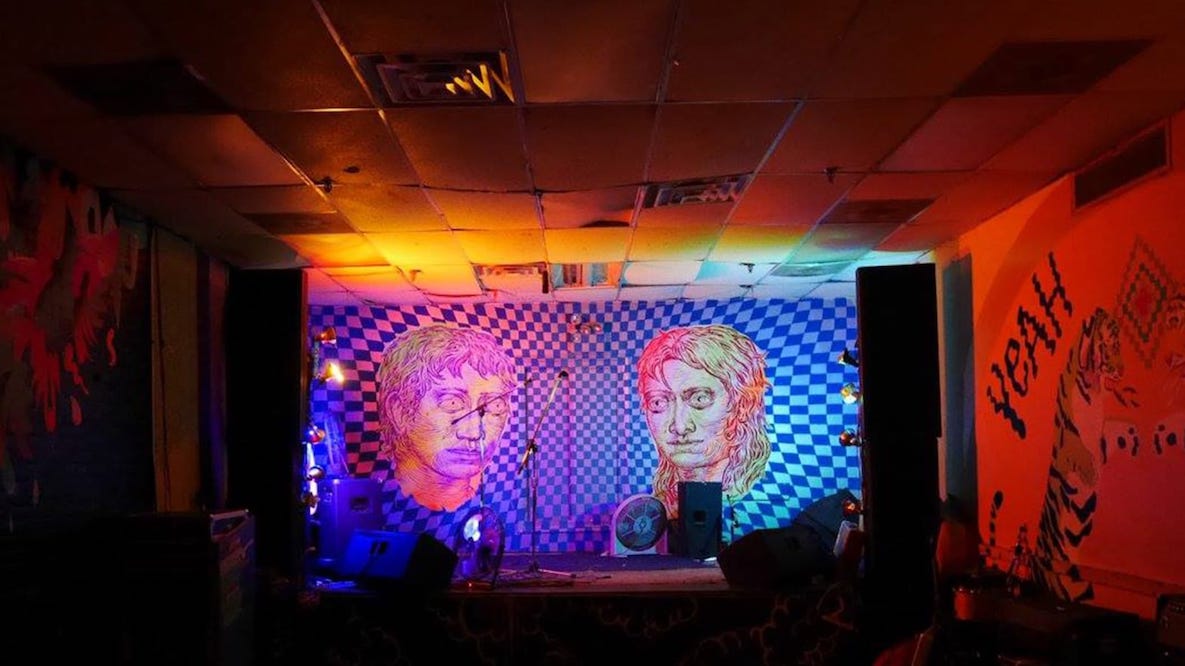
New York wouldn’t be New York without its creative community. And yet, even with this long-standing cultural identity, it’s incredibly difficult to open an event space with all the required licenses and permits. On top of this, New York’s rate of gentrification prices out venues and show-goers, creating a landscape where places open and close constantly. Thankfully, this doesn’t stop people from doing it anyway – most without a monetary goal in mind, creating spaces for the love of music, art, activism and bringing people together to party. As this decade comes to a close, it does feel like the assault on New York’s nightlife has become more severe, but like our beloved cockroaches and rats, DIY and the punk ethos are resilient. Here is a list of 60 show spaces – venues, bars, and community-run DIY spaces, that have closed their doors in the 2010s.
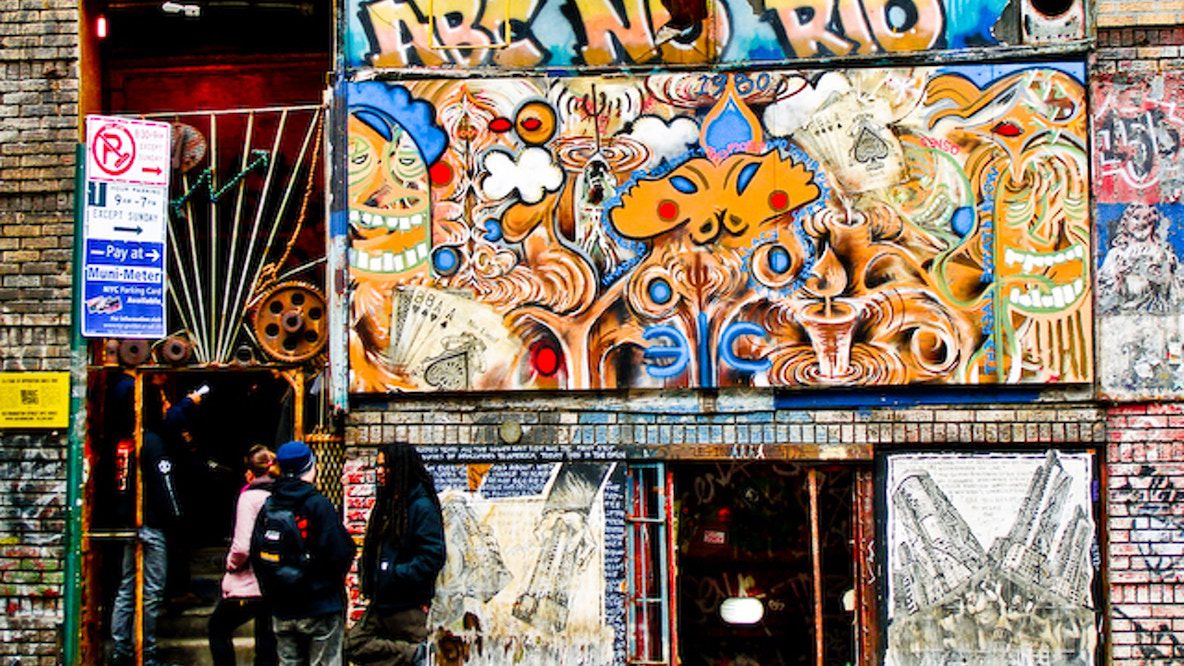
ABC No Rio (1980-2016, building new location)
The story of ABC No Rio offers some hope. After operating at their 156 Rivington Street location for more than 30 years as a community center for arts and activism with a show space, art gallery, zine library, darkroom, silk screening and computer lab facilities, ABC No Rio vacated their original location (which was demolished) and are building a new center. Over three decades, ABC No Rio cultivated the punk/hardcore scene in NYC with their Saturday matinee shows, and served as a home for organizations like Books Though Bars, the NYC Food Not Bombs Collective and COMA: The Citizens Ontological Music Agenda. ABC No Rio’s show space was entirely volunteer run and created a safe space at a time when punk and hardcore shows were so violent that other venues banned those genres.
This happy ending didn’t come easily. They fought legal battles from their inception on New Years Day 1980, when 30+ artists occupied the basement of an abandoned building with an art show that made a statement about NYC’s housing policies titled ‘The Real Estate Show.’ The show was raided by police, but the city negotiated and later gave the collective the storefront and basement of 156 Rivington Street. In 1994, when the city planned to sell the building, activists squatted in the vacant floors of the building, causing the eviction process to go on for years alongside protests and a petition to raise money and legitimize their collective. Ultimately, the city sold the building to ABC No Rio for $1 in 2006 in an agreement that the organization would bring the building up to code, requiring them to demolish and rebuild the structure.
Despite not having a current space, ABC No Rio volunteers “in exile” are continuing their programs at other venues. Their hardcore/punk collective books matinees at the People’s Forum, their Zine Library is now located at the Clemente, and their screen-printing shop is open every Thursday in Bushwick. Support the re-building of ABC No Rio by donating here, and visit their exhibit “No New Jails NYC – The Art & Design of a Movement” running through January 15th at MoRUS (155 Avenue C).
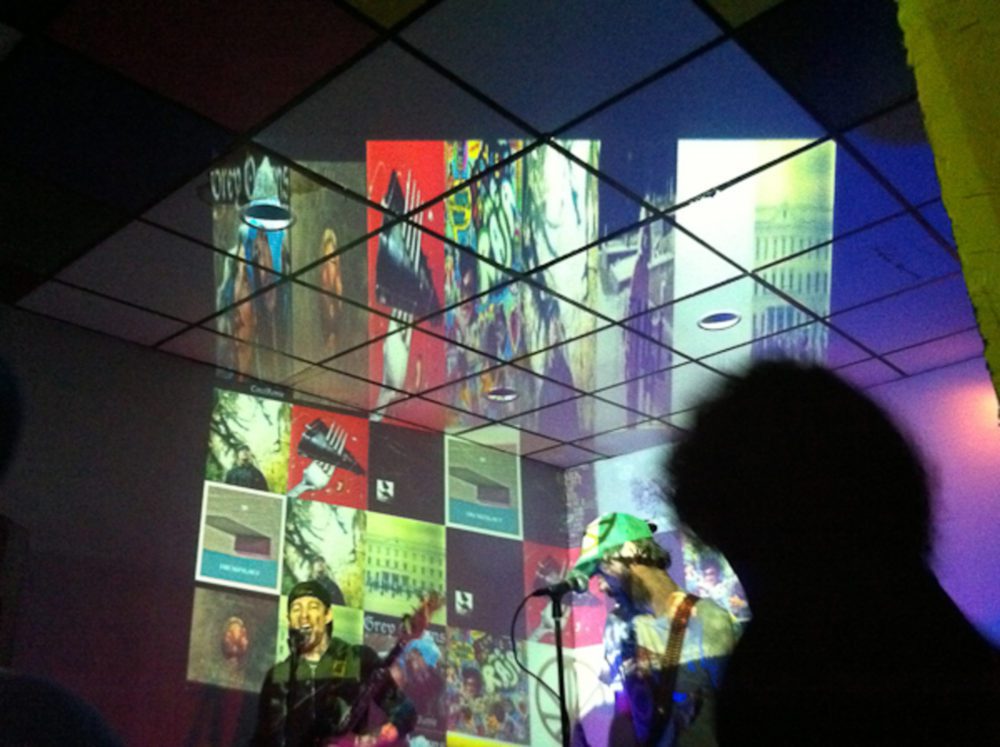
Big Snow Buffalo Lodge (2011-2013)
Run by Yoni David, Jeremy Aquilino, RJ Gordon, and Daniel Arnes, Big Snow Buffalo Lodge was located in Bushwick at 89 Varet Street at Graham Ave. Big Snow was entirely volunteer run (aside from hired security), and prided themselves on paying every band that played. The booking duties were shared between the founders, plus Luke Chiaruttini (before he left to focus on booking Shea Stadium full time). Ava Luna, Baked, Bueno, Lost Boy ?, Leapling, Celestial Shore, and The So So Glos were among the bands who frequented Big Snow, and the venue occasionally provided a space to record demos for bands as well. Big Snow unfortunately decided to close due to safety concerns after co-owner Yoni David was shot in the arm outside of the venue.
Cake Shop (2005-2016)
Opened by brothers Nick and Andy Bodor in 2005, Cake Shop was a long time staple stop for touring bands from all over the country and felt like the last cool place in Manhattan that your crappy lo-fi band could play at. My favorite part about Cake Shop was that they had vegan pastries and there was no cell service in the basement (sorry I missed your text asking for a list spot). Andy and Nick briefly opened a sister venue in Williamsburg, Brooklyn called Bruar Falls from 2009-2011, which turned into Grand Victory (2012-2016). At their last show on NYE 2016, they talked about opening a new location, and in 2017 Andy opened a venue called Wonders of Nature at 131 Grand Street in Williamsburg.

Death By Audio (2007-2014)
Located at the Williamsburg waterfront on south 2nd and Kent in an old warehouse, Death By Audio was not only a venue, but also an effects pedal workshop, recording studio, record label, and living space. Originally founded in 2002 by Oliver Ackerman of A Place to Bury Strangers as a space to build his handmade effects pedals, with the help of Matt Conboy, they turned Death By Audio into a venue in 2007 that was booked by Edan Wilber. Bands that lived at the space included Grooms, Coin Under Tongue, Fuk Ton, Sister, The Immaculates, French Miami, Dirty on Purpose, Famous Amos and A Place to Bury Stangers. A fun fixture of their living space was a giant military surplus net that hung from the ceiling and connected to the lofts on the second floor, with a hammock hanging from the ceiling above it. In 2014, Vice bought the building to turn it into their headquarters, forcing DBA and Glasslands, who also shared the building, to move out. Death By Audio’s effects pedal factory moved to Ridgewood and still makes gear that’s used most notably by Nine Inch Nails, U2, Wilco and Lightning Bolt.
Matt Conboy directed the documentary “Goodnight Brooklyn: The Story of Death By Audio,” that you can watch here, and Famous Class Records released a 26 track compilation of live bands recorded at DBA called Start Your Own Fucking Show Space including many of the bands who lived there, plus Deerhoof, Parquet Courts, Shellshag, Screaming Females, METZ, Ty Segall, Thee Oh Sees and more.
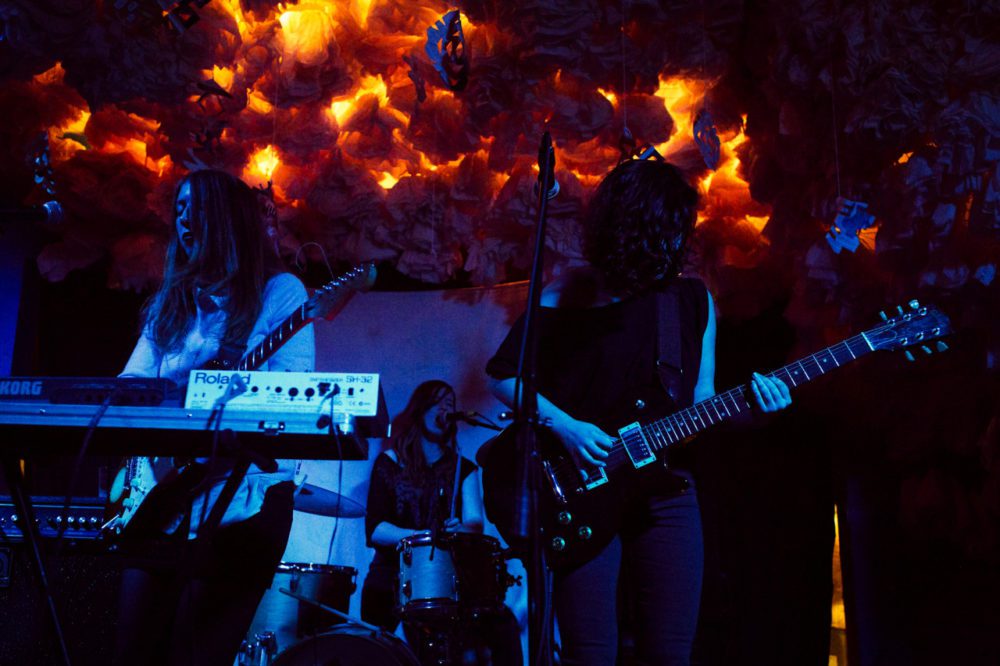
Glasslands Gallery (2006-2014)
Housed in the same building as Death By Audio on the Williamsburg waterfront, Glasslands Gallery was created by Brooke Baxter and Rolyn Hu, who owned the space until they sold it to PopGun’s Rami Haykal and Jake Rosenthal in 2012. Glasslands’ origin story begins in 2004 with Glass House, an experimental show graffiti covered warehouse space at 38 south 1st street in Williamsburg, run by Baxter and street artist Leviticus. When they moved into a larger space they renamed the venue Glasslands and from 2006-2012, the venue held some of the first shows for bands like The Yeah Yeah Yeahs, MGMT and Dirty Projectors.
When ownership changed hands in 2012, Glasslands became a solid stop for touring bands such as Angel Olsen, FKA Twigs, and Grimes. Their signature clouds were installed above the stage, replaced at some point by a light installation made of plastic tubes (though I personally prefered the clouds). They booked more DJ nights and late night parties around this time, and their final show was New Years Eve 2014, closing out their run with the secret line-up of DIIV, Sky Ferrera, Smith Westerns (final show), and Beverly. Popgun Presents continued to book shows at other venues like (le) poisson rouge and Warsaw, until they opened their new, much larger space, Elsewhere, in 2017.
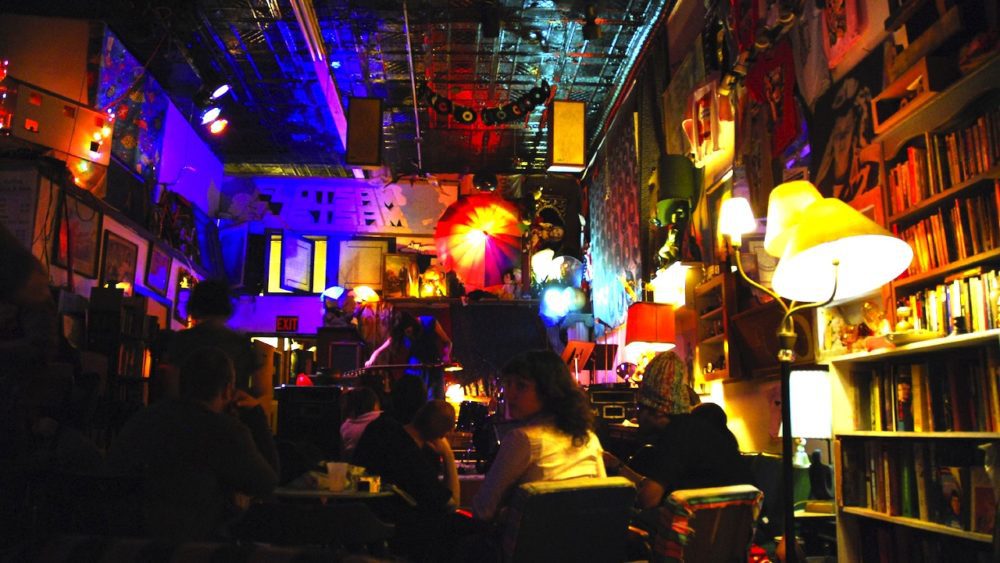
Goodbye Blue Monday (2005-2014)
Named after a Kurt Vonnegut reference in “Breakfast of Champions,” Goodbye Blue Monday was opened by Steve Trimboli at 1087 Broadway in Bushwick in 2005, after he closing his previous bars Be Bop Cafe in Tribeca and Scrap Bar. Goodbye Blue Monday began as a cafe / junk shop of things that came “mostly from dead people” and soon turned into one of the most underrated music venues in Bushwick. Due to their free open booking policy, it was a venue where many musicians had their first show ever. They never took a cut from the door (if there was a cover), fed bands that were touring, and held ‘Teacup Tuesday’ open mics every week. Goodbye Blue Monday was the perfect space for NYC’s misfit musicians and those starting out who didn’t know enough people to be booked at a more curated DIY space. Trimboli sold the bar post-bankruptcy in 2010, but lived above the bar and set up a few crowdfunding campaigns to help save the space. Goodbye Blue Mondays closed in November 30, 2014 when their lease was about to end and the landlord tripled the rent. The Looking Glass Bar opened in its place, and Nyssa Frank at The Living Gallery took over hosting Goodbye Blue Monday: Tuesday Open Mic The Way Y’Like Open Mic.
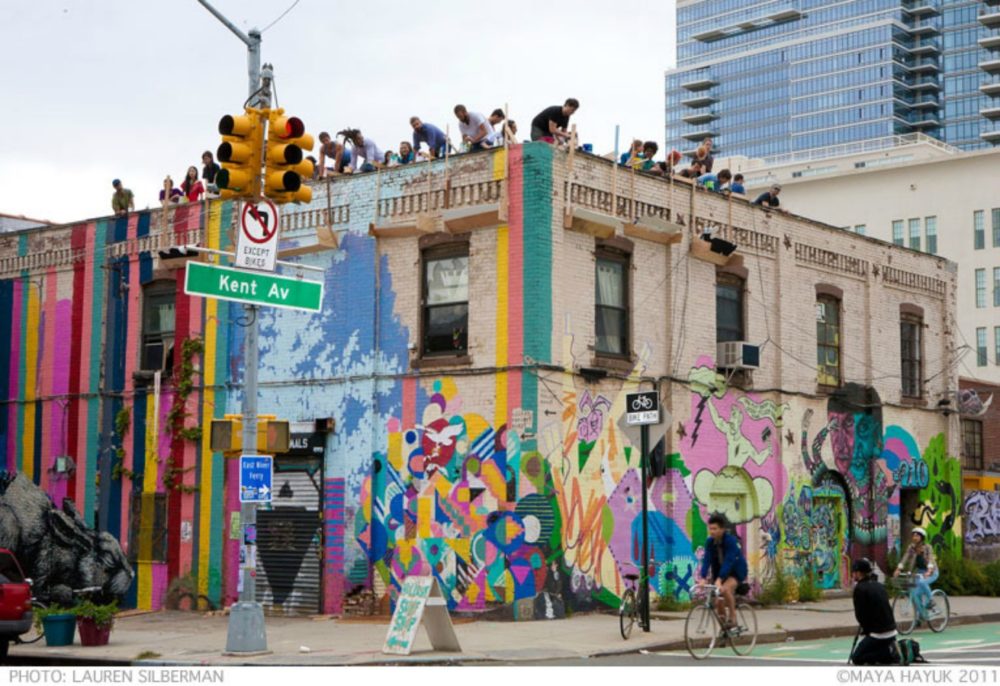
Monster Island + Secret Project Robot: Kent Ave (2004-2011) / Secret Project Robot: Meserole Street (2011-2016) / Secret Project Robot: Broadway (2017-2019)
Founded by Rachel Nelson and Erik Zajaceskowski in 2004, Secret Project Robot is a not-for-profit artist run space that has lived in three locations and is currently looking for their next home. Before Secret Project Robot, there was Mighty Robot, a loft on Wythe Ave in Williamsburg run by Zajaceskowski, where they held art parties at the space as well as at the waterfront junkyards. Shows included large abstract visuals and hosted some of the first shows for the bands Liars, TV on the Radio, Lightning Bolt, Acid Mothers Temple, Panda Bear, and many more. In 2004, Zajaceskowski and Karl LaRocca found a larger, three-story space on Kent Avenue and named it Monster Island. The new building housed Kayrock Screenprinting, Live With Animals, Oneida’s O-Cropolis, Todd P’s rehearsal studio, and the new Mighty Robot space, then renamed Secret Project Robot. In this incarnation, Secret Project Robot teamed up with Rachel Nelson to focus on art installations and hosting events, including black light installations, drawing brunches, poster shows, and regular art shows along with their regular concerts. Monster Island was demolished in 2011 and was rumored to become a hair saloon, but the lot is still vacant.
Post-Monster Island in their “living art phase,” Secret Project Robot moved twice in Bushwick and created a bubble in their yard where artists could “recreate the world according to their liking, people could be free, comfortable and able to reimagine a further more perfect realm.” Rachel Nelson and Erik Zajaceskowski also founded Happy Fun Hideaway, a bar on Myrtle Ave in Bushwick, in 2013, and Flowers for all Occasions, a cafe/gallery/bar in 2015, both of which are still currently open!
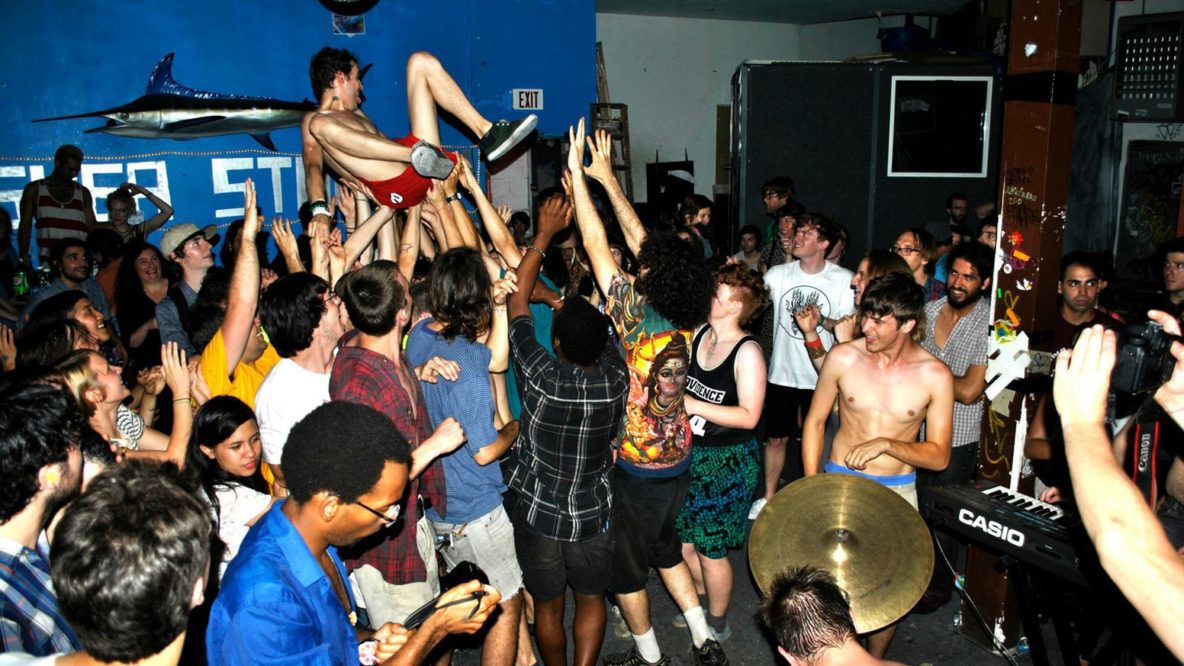
Shea Stadium (2009-2017)
Shea Stadium was an all-ages venue founded in the spring of 2009 by producer Adam Reich and the band the So So Glos (who also helped build Market Hotel) with the mission to document the DIY scene by recording every set performed there. Nora Dabdoub and Luke Chiaruttini booked countless bands and the Shea Stadium website has over 1,000 sets archived, with the most popular including King Krule, FIDLAR, Frankie Cosmos, Wavves, Speedy Ortiz, and Diarrhea Planet. Their second floor loft at 20 Meadow Street in Bushwick felt like a second home for many artists, and when they were forced to close in March 2017 Aaron, Nora, and Luke launched a Kickstarter campaign that raised close to $100,000. Their landlord at Meadow street declined their request to re-open an up-to-code Shea in the original location, and they have been searching for a new home ever since. This has been a grueling task, with their last update explaining that they have “toured 30+ spaces, called hundreds of numbers and looked through thousands & thousands of real estate listings” so far, and as of “the second week of Sept 2019, we’re in negotiations on a space and if all continues to go well a lease could be in hand soon.” In the meantime, they are booking shows as Shea Stadium Presents. They recently hosted a benefit show at Trans Pecos for The Mark Fletcher Studio, a studio that will provide free analog studio time for musicians.
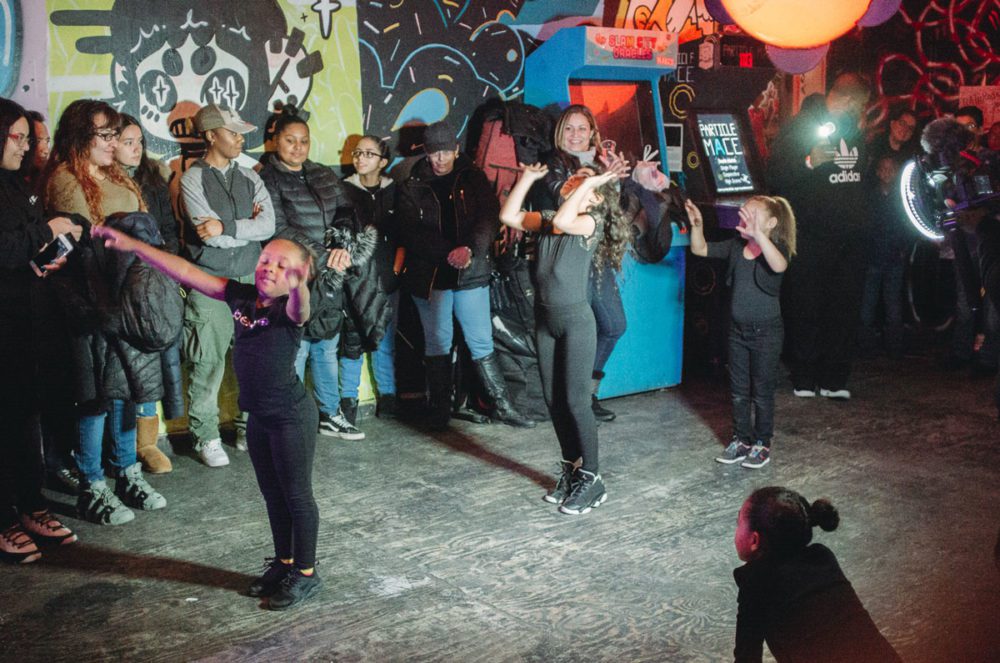
Silent Barn (2006-2018)
Silent Barn collective began in 2006 as a co-living space for artists in Ridgewood, Queens at 915 Wycoff (now the home of Trans-Pecos). They threw shows in their kitchen and basement (which was also a home for the video game collective Babycastles). When they were shut down due to coding issues in 2011, they launched a Kickstarter soon after that raised $40,000 to fund their move to a legal all-ages art space. In 2012 they moved to a three-story building at 603 Bushwick Avenue run by 70 volunteers, called “chefs.” The new location had a huge yard with a sculpture garden and a bar/cafe in their performance space, along with art spaces for Disclaimer Gallery, Casa Experimental, Vital Joint, the Title:Point theater company, Gravesend Recordings, Aftermath Supplies, and many other artist-in-residence studios who lived in the higher floors of the building. Educated Little Monsters (ELM), a program that provides “resources, artistic outlets and economic opportunity for youth of color,” particularly those who are local to the Bushwick neighborhood, met at Silent Barn since 2014.
When Silent Barn closed in 2018 due to financial strain, they felt a responsibility to help the ELM program find a new home with their community partners Bushwick Street Art, The Lab Recording Studio and Color Scenes. In their closing statement Silent Barn explained “Over the years, we’ve seen the role that D.I.Y. music venues play within the greater machine of gentrification, and how often the communities who would most benefit from these resources—the neighborhood’s native communities—are excluded from them entirely,” and encouraged their supporters to donate and become a supporting member of ELM.
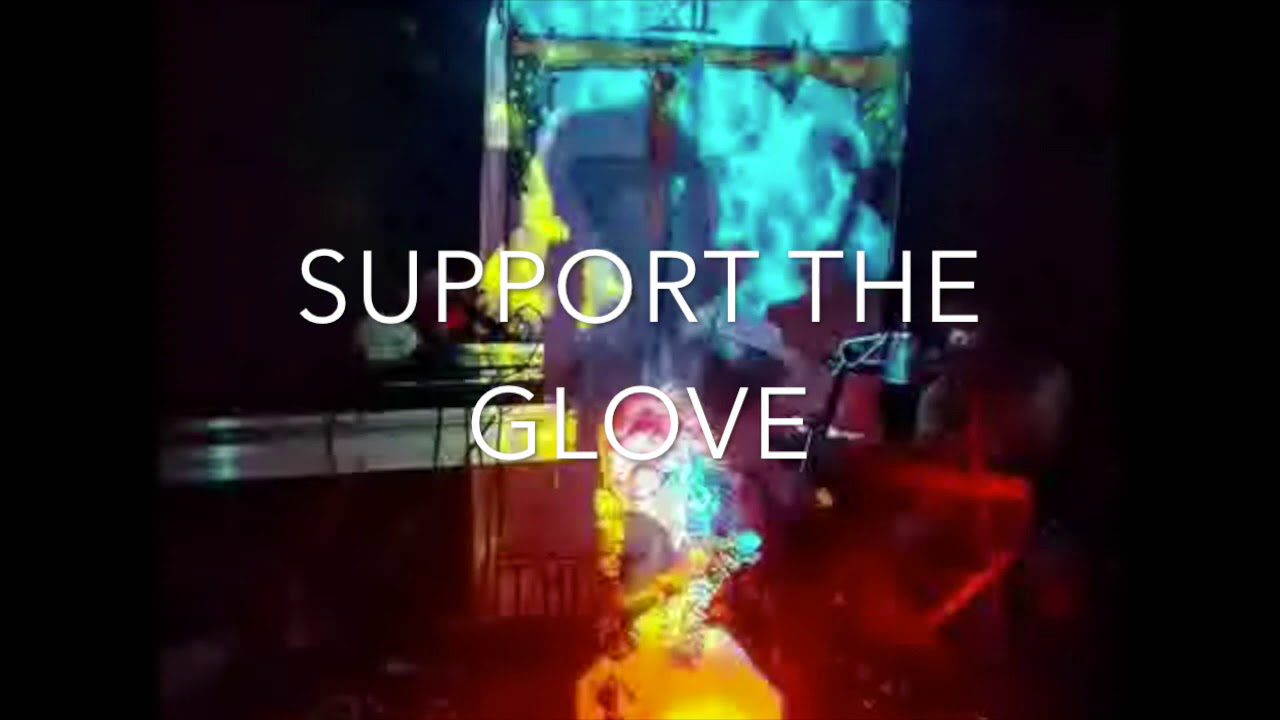
The Glove (2016-2019)
The Glove was an all-ages experimental art space founded by a group of musicians and artists from a previous DIY space called Bohemian Grove. Along with their venue, the space had gallery exhibitions, a vintage shop, guitar shop, was home to the Bad Seeds by Stonie Clark hair salon, and a permanent psychedelic dungeon lounge art installation by ESTU Fabrication. Like many DIY spaces, The Glove fell into the bureaucratic hellhole of NYC coding laws, and temporarily shut down in 2018 after the city cut their power. They launched a GoFundMe and kept their doors open until their lease ended the summer of 2019, forcing them to close. Co-founder Dean Cercone, in an interview for Dazed, explained what so many other showspace owners feel: “Running a space like this in New York is as annoying as it is beautiful. As fruitful as it is scary. It takes precedence over a lot of things we do in our normal lives now.”
Every show space has a unique legacy. Support small and community run venues that are still open today & walk down memory lane with this list of 50 more spaces that have closed in the 2010s:
94 Evergreen (2012-2014)
285 Kent (2010-2014)
AVIV (2014-2016)
Body Actualized Center (2011-2014)
Brooklyn Bazaar (2011-2019)
Brooklyn Fireproof East (2006-2014)
Bruar Falls (2009-2011) / Grand Victory (2012-2016)
Cameo Gallery (2009-2015)
Cheap Storage (2010-2015)
Coco 66 (2009-2011)
Delinquency Blvd (2012-2012, re-opened as Sunnyvale in 2015)
Don Pedro’s (2001-2017)
Emet (2013-2014)
Fat Baby (2005-2017)
FreeCandy (2012-2015)
Galapagos Art Space (1995-2014: relocated to Detroit)
Hank’s Saloon (2005-2019)
IDIO Gallery (2014-2017)
Kings County Saloon (2006-2015)
Leftfield Bar (2012-2017)
Legion Bar (2005-2018)
Little Skips (2009-2019)
Living Bread Deli (2012-2013 renovated + reopened as Rosegold in 2017)
Lulus (2010-2014)
Manhattan Inn (2009-2016)
Market Hotel (2008-2010, reopened in 2015)
Matchless (2002-2017)
Nola, Darling (2014-2015)
Palisades (2014-2016)
Party Expo (2010-2013)
Passenger Bar (2013-2015)
Public Assembly (2008-2013) / Black Bear Bar (2014-2016)
Radio Bushwick (2010-2014)
Ran Tea House (2011-2014)
Santos Party House (2008-2016)
Showpaper 42nd street Gallery / Babycastles Arcade (2010-2011)
Sidewalk Cafe (1985-2019)
Spike Hill (2005-2014)
Suburbia (2011-2017)
Surreal Estate (2010-2011)
The Acheron (2010-2016)
The Continental (1991-2018)
The Flat (2012-2015)
The Gateway (2016-2018, re-opened as The Broadway in 2019)
The Hive (2011-2018)
The Living Room (1988-2015)
Tandem Bar (2008-2015)
Trash Bar (2010-2015)
Zebulon (2002-2012, re-located to LA 2017)

